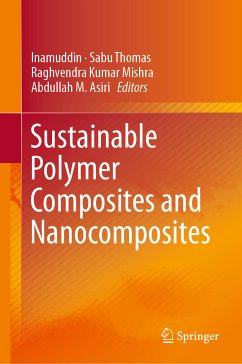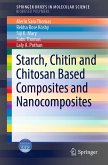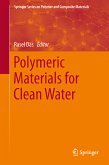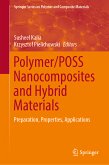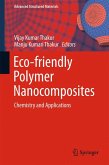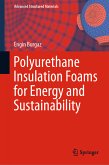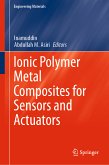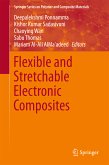The book presents the manufacturing methods, properties and characterization techniques of these eco-friendly composites. The respective chapters address classical and recent aspects of eco-friendly polymer composites and their chemistry, along with practical applications in the biomedical, pharmaceutical, automotive and other sectors. Topics addressed include the fundamentals, processing, properties, practicality, drawbacks and advantages of eco-friendly polymer composites.
Featuring contributions by experts in the field with a variety of backgrounds and specialties, the book will appeal to researchers and students in the fields of materials science and environmental science. Moreover, it fills the gap between research work in the laboratory and practical applications in related industries.
Dieser Download kann aus rechtlichen Gründen nur mit Rechnungsadresse in A, B, BG, CY, CZ, D, DK, EW, E, FIN, F, GR, HR, H, IRL, I, LT, L, LR, M, NL, PL, P, R, S, SLO, SK ausgeliefert werden.

